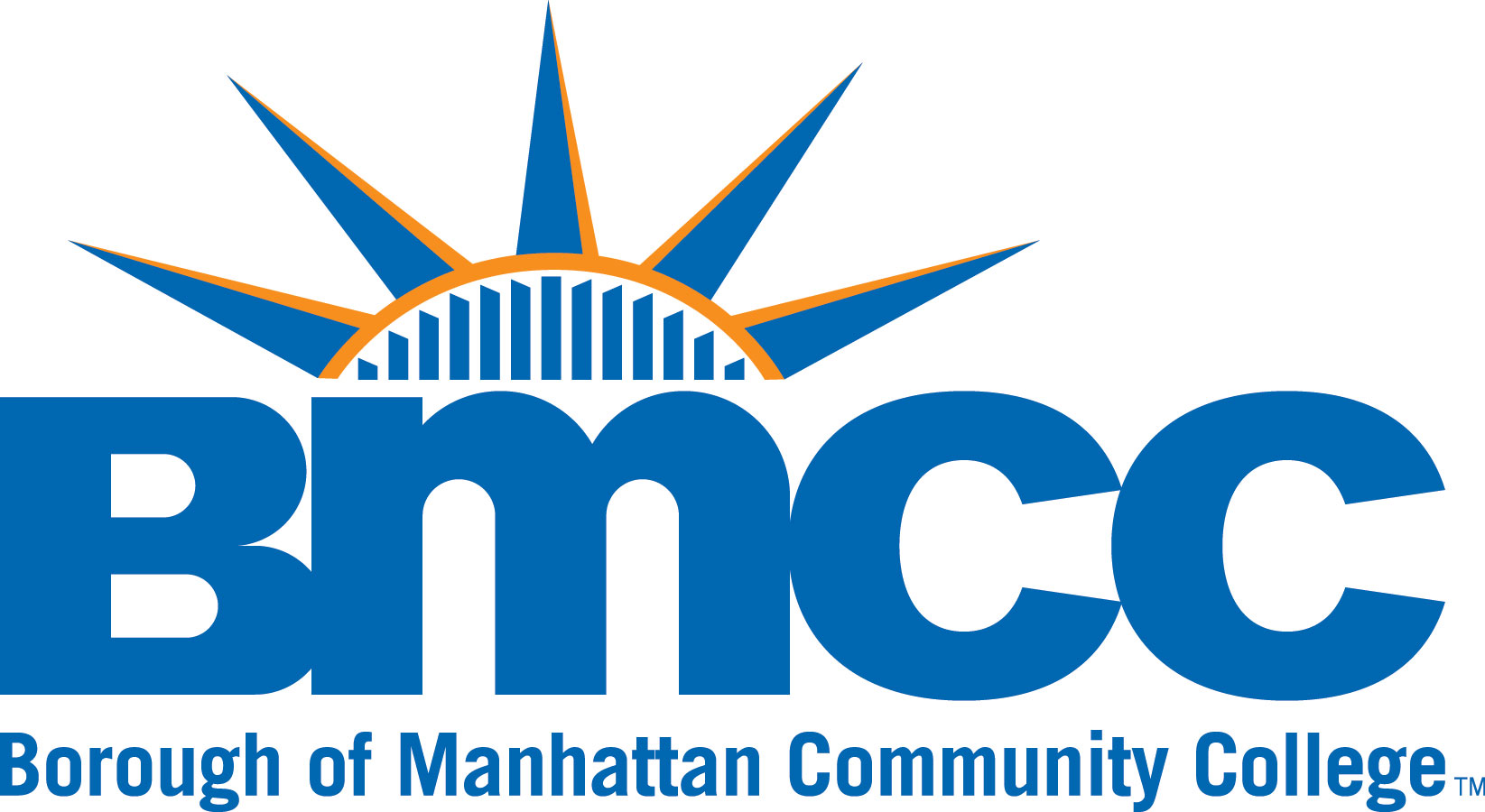Open Educational Resources
Document Type
Lecture or Presentation
Publication Date
Summer 6-28-2023
Abstract
A discussion on knowledge independence or knowledge-production decolonization with the assumption that an epistemological base for knowledge creation exists in most African societies by drawing from indigenous praxis which includes language and history.
The background to this study highlighted the usage of colonial languages by post-colonial African Societies as the language of knowledge transfer in schools and educational institutions, to the neglect of the mother tongue and local language. This prevents an intellectual dislocation that negatively affects the identity, creativity, and works of learners.
The two major theories at the base of this paper are postcolonial theory and Lev Vygotsky’s theory of cognitive development. A form of qualitative research method called Meta-synthesis was used to collate, isolate and analyze major themes extracted from the Literature.
Analysis of findings shows: that a positive relationship exists between competence in the mother tongue and ease of learning in school; that an epistemological base exists in African societies and can form the foundation of mother tongue education.
Creative Commons License

This work is licensed under a Creative Commons Attribution-Noncommercial-Share Alike 4.0 License.
Included in
Africana Studies Commons, African Languages and Societies Commons, Ethnic Studies Commons



Comments
Alapo, R., and Doghudje, D. (2023). “Decolonization of Knowledge Production in African Societies: Contextual Analysis of Language of Instruction”. In: Adeniran, A.I. (eds) African Development and Global Engagements. Palgrave Macmillan, Cham. https://doi.org/10.1007/978-3-031-21283-3_8